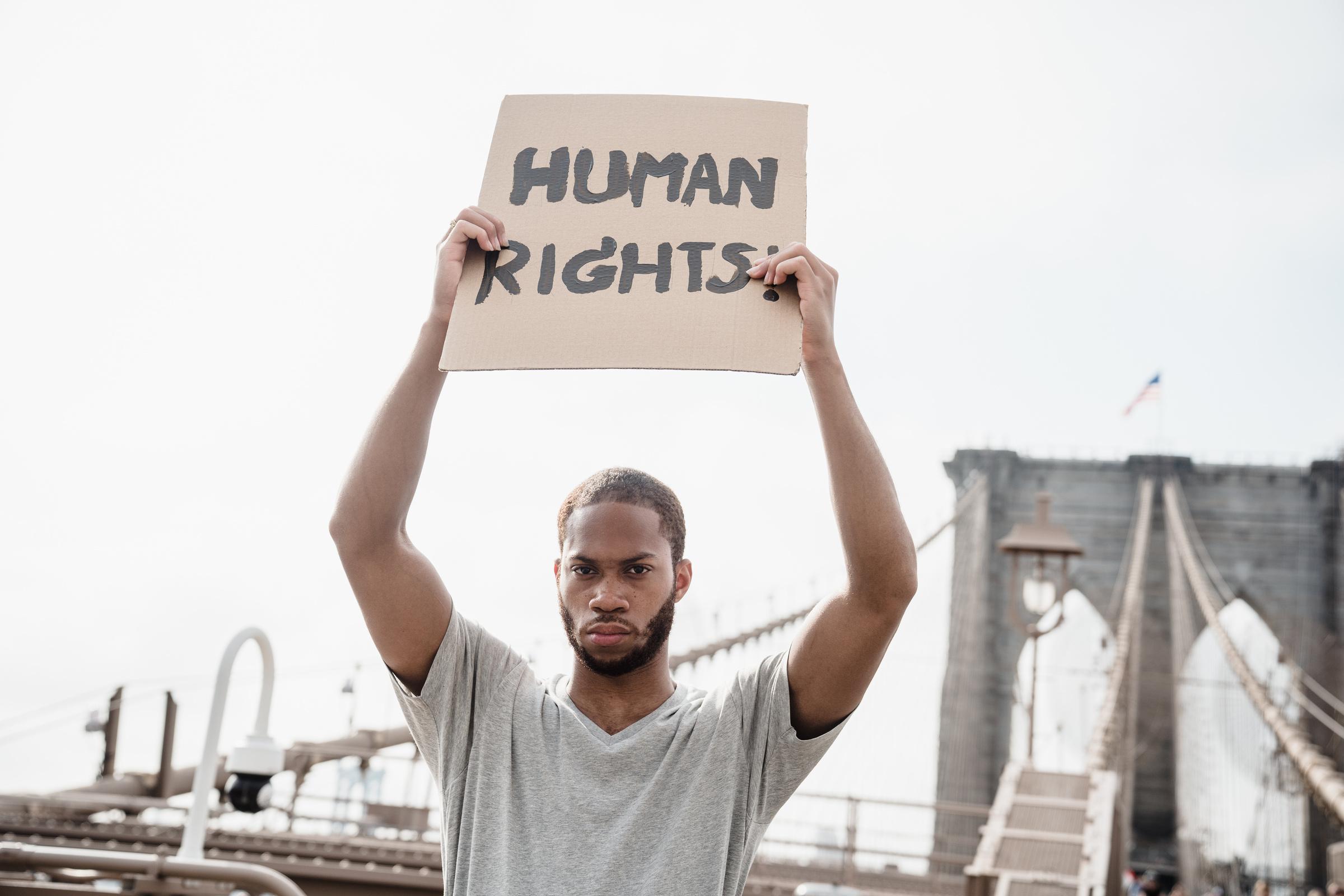
1 minute read
BACKGROUND
The Offences Against the Person Act (OAPA) is a Jamaican law that was enacted in 1864 during the colonial era. The OAPA covers a range of offenses, including murder, assault, rape, and other forms of violent crimes. However, the OAPA has been criticized for its provisions that criminalize consensual homosexual acts and discriminate against the LGBT community, including transgender individuals
Issues
Advertisement
The OAPA contains provisions that discriminate against the transgender community Specifically, Section 79 of the OAPA criminalizes cross-dressing in public, and this has been used to target and discriminate against transgender individuals. The provision carries a penalty of up to a year in prison Additionally, the OAPA's provisions on buggery and gross indecency also affect the transgender community, as they can be targeted for engaging in consensual sexual acts
These provisions of the OAPA have been criticized by human rights organizations and LGBT rights advocates as discriminatory and harmful to the LGBT community, including the transgender community The discriminatory provisions not only violate the basic human rights of transgender individuals but also contribute to stigma, discrimination, and violence against them awareness and understanding of the issues faced by the LGBT community in Jamaica



Gaps
Despite the efforts of civil society organizations such as TransWave Jamaica and J-FLAG, there are still gaps in the protections and liberties afforded to the LGBT community, including the transgender community, in Jamaica. Discrimination and violence against LGBT individuals remain prevalent, and there is a lack of legal protections for them Additionally, the enforcement of discriminatory laws such as Section 79 of the OAPA is often arbitrary, and transgender individuals continue to face harassment and discrimination in public spaces



